“Clemency is nobler than justice”
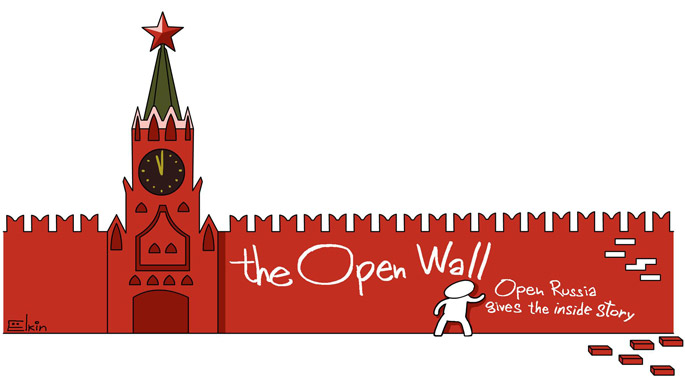
“Clemency is nobler than justice”
Authoritarian leaders rather like meeting figures from the world of culture, flattered as they are by the fawning attention. From time to time, however, the normal order of things is disrupted…
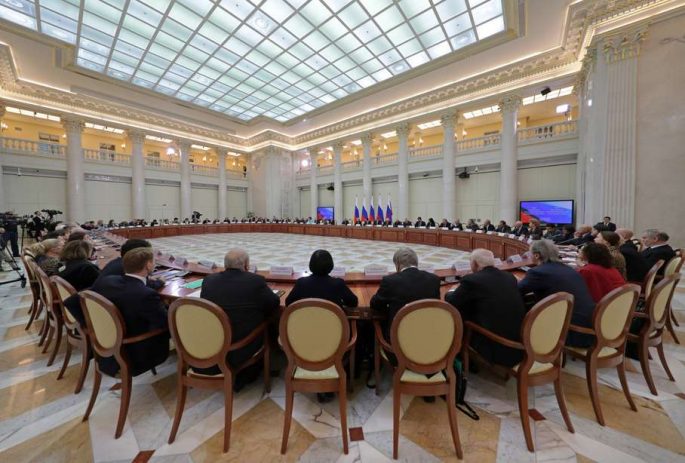
On 2 December, the film director Alexander Sokurov asked the president to release Oleg Sentsov, the young Ukrainian filmmaker sentenced by a Russian court in 2015 to 20 years in a prison camp for allegedly preparing to blow up a Lenin monument in Crimea. Vladimir Putin heard the director out, but did not agree with him that, “clemency is nobler than justice.”
Oleg Sentsov, Automaidan activist and energetic supporter of a united Ukraine, was arrested on 10 May 2014 in Crimea. The investigators asserted that Sentsov had organised a terrorist group, which had set fire to the office of the NGO “Russian Community in Crimea” and the representative office of the [Russian political] party United Russia. Neither building came to any serious harm; they were slightly damaged on the exterior, but this did not prevent the investigators from equating it with terrorism. Sentsov was also accused of making preparations to blow up a Lenin monument and the Eternal Flame memorial in Simferopol. He has always refused to admit any guilt.
Putin’s response to Sokurov’s request to “resolve the problem of Oleg Sentsov” was predictable: “We have to remember that we live in a state governed by the rule of law and these questions can, of course, only be settled by the courts.”
Alexander Melman was one of the journalists unimpressed by Putin’s rhetoric: “The president replied to Alexander Sokurov in the only way he could: the law is the supreme arbiter. But we actually know that the law is Vladimir Vladimirovich Putin and what he says, goes. Despite the most independent courts in the world.”
Sentsov’s lawyer Dmitry Dinze knows very well how Putin’s state, governed by the rule of law, obstructed the first interrogations of his client: “He had a plastic bag put over his head, which ensured that he was close to passing out; he was threatened with rape and murder while being forced to admit to organising explosions, setting fire to the offices, possession of arms and explosives.”
Many people thought that Sokurov should not have asked Putin for clemency because it was both humiliating and useless. The liberal radio station Echo of Moscow asked its listeners to assess the efficacy of Sokurov’s action: 46% of the audience thought that it made sense to appeal to Putin, 53% thought it was pointless. Echo journalist Alexei Naryshkin summed up the sceptics’ position: “With all due respect, Alexander Sokurov became involved in a dispute, a discussion, and started pressing for clemency, abasing himself in front of Putin. I don’t know of any cases where Putin has been convinced by argument… I feel sorry for Sokurov because his humiliation was all for nothing.”
But Boris Vishnevsky, politician and Yabloko party member, is sure that Sokurov did everything correctly: “If this conversation succeeded in increasing by even 1% the chance that this man, who has been unfairly condemned, might be set free, then it was not for nothing. What is important is that the whole country and further afield too has heard about Sentsov, which also increases his chances of being released.”
Sentsov’s lawyers are convinced that the case against their client would not have been possible without the evidence of two people – Alexei Chirin and Gennady Afanasyev. They were labelled supporters of Sentsov, and both, under torture, gave evidence against him.
At Sentsov’s trial, however, Gennady Afanasyev withdrew his testimony and admitted that he had framed Sentsov. Nevertheless, the fact that the chief witness had withdrawn his evidence did not so much as hinder the Russian judiciary; Sentsov and his lawyers had been told in advance by FSB officers at the beginning of the investigation that the sentence was to be 20 years; and so it proved to be.
Thus, while President Putin pretends to the public that they are living in a law-based state, his FSB officers beat up suspects and threaten them with rape; the courts then accept as lawful all the evidence, which has been beaten out of the witnesses; and the sentence following on the verdict is always the ‘right’ one.
Sokurov, in his appeal to Putin, said several times that, “clemency is nobler than justice,” which was what attracted comment.
Netizen timopheevich: “Sokurov, of course, deserves our respect, but there’s a kind of half-heartedness in his request: it is, after all, well known that Sentsov’s imprisonment is nothing to do with the crime with which he was charged. So what is needed is not clemency, but justice. Of which there’s not a trace. Like many imprisonments in recent years, starting with the Bolotnaya case victims, Sentsov is a kind of warning light for us – don’t get involved! ‘Show’ imprisonments are to keep us from saying anything at all.”
Not everyone was in agreement with that position.
Liputan: “If an artist carries out a terrorist attack, it’s not an attack but a performance.”
Merlin: “When you forgive one of your own, that’s clemency. When it’s someone else, then it’s corruption and a kangaroo court.”
Chief Russian TV propagandist Dmitry Kiselyov portrayed the encounter between director and president in suitably theatrical terms: “For director Sokurov, blood is red paint on a film set. For President Putin, blood is real suffering, wounds and the death of his citizens. Director Sokurov deals with people dressed up in military uniform. President Putin governs people who wear military uniform. For director Sokurov, explosives on the film set are fake; for President Putin, explosives blow people to pieces.”
We couldn’t have put it better ourselves.

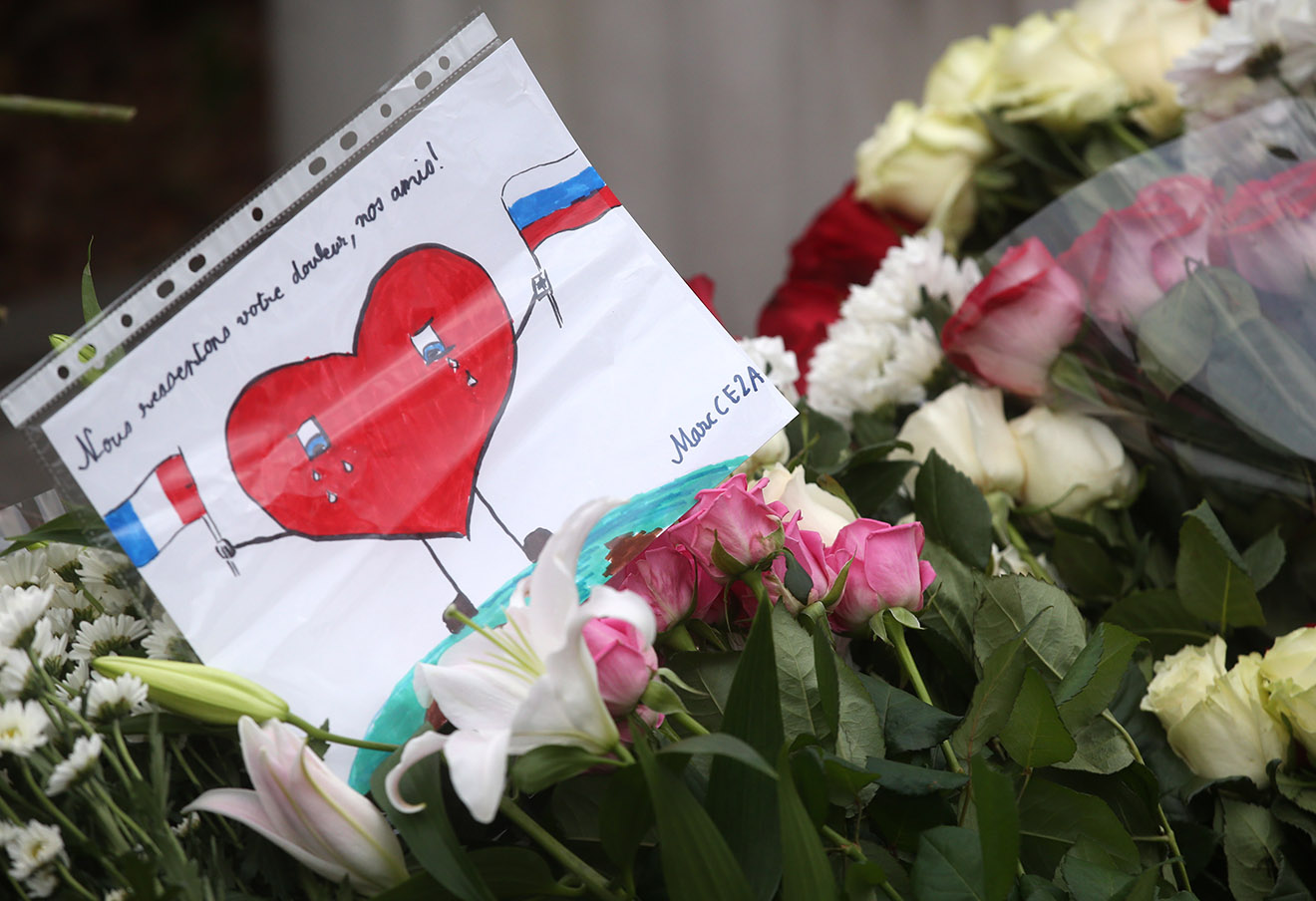 “YOU CAN’T STAND TOGETHER SHOULDER-TO-SHOULDER IF YOU DON’T SHARE COMMON VALUES”
“YOU CAN’T STAND TOGETHER SHOULDER-TO-SHOULDER IF YOU DON’T SHARE COMMON VALUES”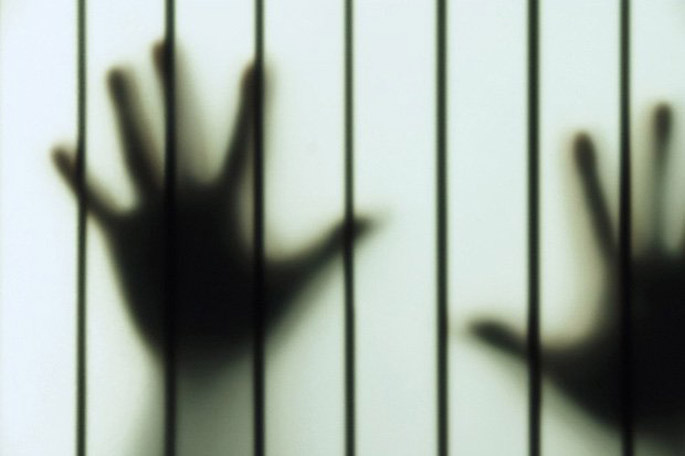 MEPS VOICE MORAL SUPPORT FOR FOREIGN POLITICAL PRISONERS IN RUSSIA
MEPS VOICE MORAL SUPPORT FOR FOREIGN POLITICAL PRISONERS IN RUSSIA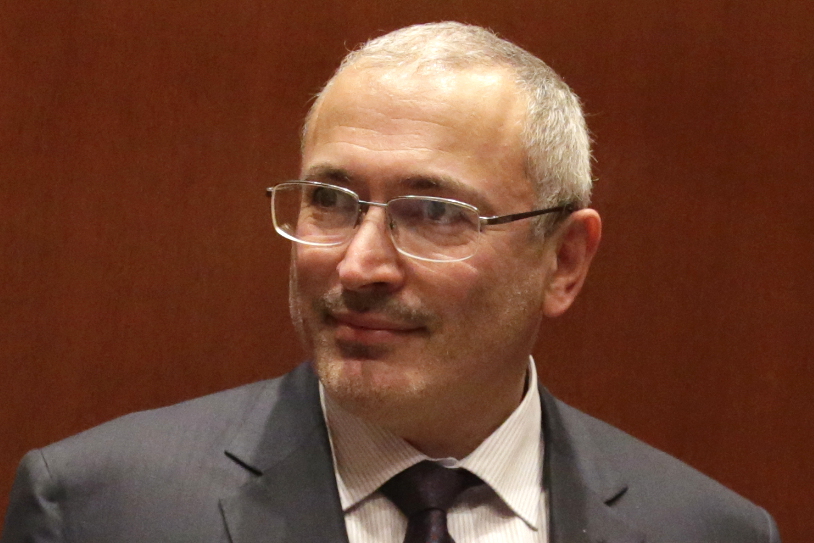 MIKHAIL KHODORKOVSKY: RUSSIAN CITIZENS HAVE EVERY RIGHT NOT TO OBEY ILLEGITIMATE LAWS
MIKHAIL KHODORKOVSKY: RUSSIAN CITIZENS HAVE EVERY RIGHT NOT TO OBEY ILLEGITIMATE LAWS

